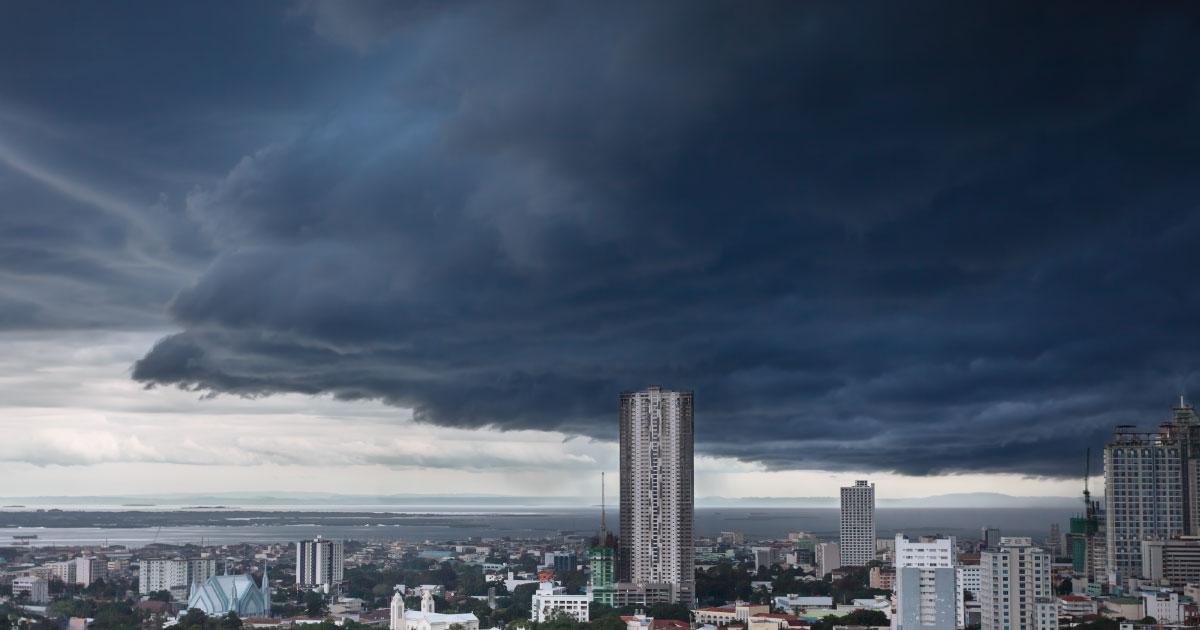In 2018, news reports featured volcano eruptions in Hawaii and West Coast wildfires. The year prior saw headlines about destruction and flooding due to Hurricane Harvey in Texas and the monsoons in Mumbai.
These events are an important reminder for event planners that disaster can strike anywhere and at any time. After they hit, it can be difficult to recover. That’s why it’s important to have an emergency plan in place before something happens at your event. Here are some ways you can be better prepared before you get onsite.
Related Article: The Essential Guide to Safety and Security: Meeting and Event Best Practices
Collect emergency contacts and demographic information.
Before events, particularly those that are away from home base, be sure to collect information about citizenships and emergency contacts for all participants.
Citizenship information will be required if assistance from embassies is required. E-mails, home phone numbers, business numbers, and mobile phones are essential. If one channel goes down, it’s essential to have others as a back-up.
Be sure to obtain written permission to pass this information on to the embassy, local tourist board and emergency service providers.
Remind the members of your party to bring supplies for emergencies.
In the excitement of travel, people often forget to build these basic supplies. Remind your guests to bring flashlights and extra batteries in case the power goes out. It goes without saying that winter clothing is essential in certain destinations. Depending on the time of year, it is advisable to bring rain gear. Mobile phones are important to bring in case landline service goes down. Most carriers provide affordable roaming packages.
When travelling outside the country, it is also a good idea for participants to bring sealed envelopes with medical information and a copy of their passports. If the original gets lost, the copies will make it easier to obtain replacements.
Related Article: Weather Planning for The Perfect Outdoor Event
Purchase Extra Water & Food after Clearing Security
In Canada, an inquiry is currently underway. On July 31st., passengers onboard flights from Brussels and Rome to Montreal sat on the tarmac for 6 hours without water, food or air conditioning. Their flights had been diverted to Ottawa due to severe weather in Montreal that prevented landing.
Provide Venue and Attendee Emergency Contacts to the Local Embassy
This information will help authorities provide assistance swiftly. The embassy can also assist groups in getting information to reassure emergency contacts.
Arrange Remote Monitoring of The Situation
If the power goes out, the group may be unaware of what is happening beyond their immediate location. Often, contact can be maintained through mobile phones.
I’m spending most of this month in Montreal. On Tuesday, August 22 it rained heavily. The power went out a couple of times and then it stayed out for almost two days. With no radio, Internet or TV we had no idea of the extent of the damage. It was not until the next morning when venturing out for breakfast, that the extent of the damage became clear. (Without warning, a microburst had hit the area. It toppled giant trees, totaled cars, damaged roofs, and almost completely destroyed a park.)
Provide the Local Tourist Board with Guest Information and Emergency Contacts at The First Sight of Severe Weather
When Hurricane Sandy hit, the Jamaica Tourist Board was extremely helpful in assisting the members of one of my corporate groups who had extended their stay. They even contacted members of the group who had moved to other hotels to verify that they were safe.
Additional tips:
-
Obtain emergency and medical contact numbers and provide this for all guests with their itinerary.
-
Ask the hotel to brief the group about emergency procedures during orientation.
-
When venturing off the beaten track, ensure that you have emergency supplies, first aid kits, and an ample supply of water and food.
-
As soon as there is a severe weather warning, contact the airline and find out if there is an option for the group to leave ahead of schedules.
-
Educate yourself in essential safety and security skills with the MPI Academy’s Emergency Preparedness for Meetings and Events or Crisis Communicationscertificate courses.
-
Download The Essential Guide to Safety and Security: Meeting and Event Best Practices and use it as a reference guide when formulating your plans (free for MPI Members, $49 for nonmembers)
While it’s impossible to prepare for all catastrophes, careful pre-planning reduces the impact, minimizes discomfort and ensure that the group receives speedy assistance.
If you wish to help meeting and event industry professionals who were affected by Hurricane please donate to the MPI Houston Area Chapter Disaster Relief Fund and/or PCMA’s Hurricane Harvey Relief Fund by sending a text (if you’re in the U.S.) to 41444 with the message “HELPTX” followed by a dollar amount and your name.



